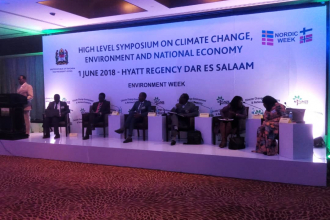In sub-Saharan Africa, urban recreational ecosystem services are browning and disappearing despite the global recognition of their importance. We study the availability, preference, and determinants of visitations to urban recreational ecosystem services in Dar es Salaam. The results show that, amongst the functioning and publicly owned recreational ecosystem services, there are botanical gardens and other open green spaces with greenery (e.g., trees, grass, or gardens) and sometimes with basic facilities such as benches.


